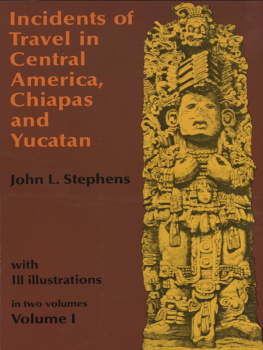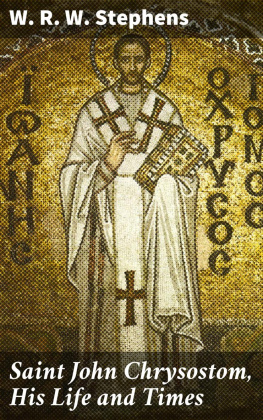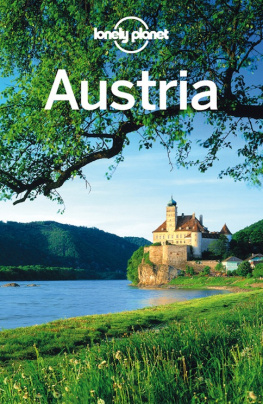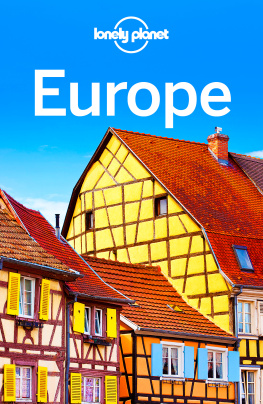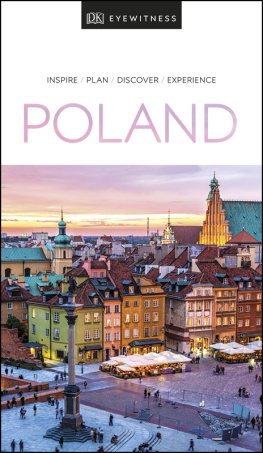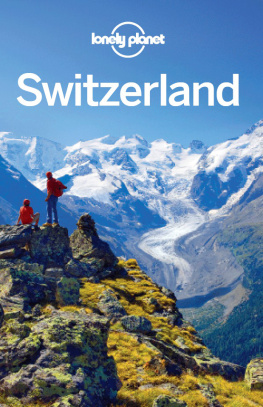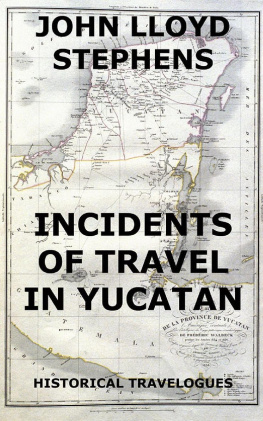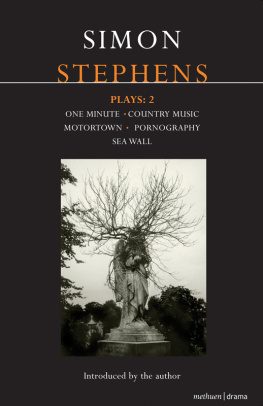Transcriber's notes:
Punctuation and hyphenation have been normalised. Variable, archaic or unusual spelling has been retained. A list of the few corrections made can found at the end of the book. In the text, corrections are indicated with red dotted underlining; hover the mouse over the underlined text to see a Transcriber's Note.
map
INCIDENTS OF TRAVEL
IN
GREECE, TURKEY, RUSSIA,
AND
POLAND.
BY THE AUTHOR OF
"INCIDENTS OF TRAVEL IN EGYPT, ARABIA PETRA, AND THE HOLY LAND."
WITH A MAP AND ENGRAVINGS.
IN TWO VOLUMES.
VOL. I.
SEVENTH EDITION.
NEW YORK:
HARPER & BROTHERS, PUBLISHERS.
329 & 331 PEARL STREET,
FRANKLIN SQUARE.
1853.
Entered, according to Act of Congress, in the year 1838, by
Harper & Brothers,
in the Clerk's Office of the Southern District of New York.
PREFACE TO THE FIFTH EDITION.
The fourth edition of this work was published during the author's absence from the city. His publishers, in a preface in his behalf, returned his acknowledgments to the public, and he can but respond to the acknowledgments there made. He has made some alterations in the page relating to the American phil-Hellenists; and for the rest, he concludes as in the preface to his first edition.
The author has been induced by his publishers to put forth his "Incidents of Travel in Greece, Turkey, Russia, and Poland." In point of time they precede his tour in Egypt, Arabia Petra , and the Holy Land. The countries which form the subject of the following pages perhaps do not, in themselves, possess the same interest with those in his first work; but the author has reason to believe that part of his route, particularly from the Black Sea to the Baltic, through the interior of Russia, and from St. Petersburgh through the interior of Poland to Warsaw and Cracow, is comparatively new to most of his countrymen. As in his first work, his object has been to present a picture of the every-day scenes which occur to the traveller in the countries referred to, rather than any detailed description of the countries themselves.
New York, November, 1838.
CONTENTS
OF
THE FIRST VOLUME
Page
A Hurricane.An Adventure.Missilonghi.Siege of Missilonghi.Byron.Marco Bozzaris.Visit to the Widow, Daughters, and Brother of Bozzaris.Halleck's "Marco Bozzaris."
Choice of a Servant.A Turnout.An Evening Chat.Scenery of the Road.Lepanto.A projected Visit.Change of Purpose.Padras.Vostitza.Variety and Magnificence of Scenery.
Quarrel with the Landlord.gina.Sicyon.Corinth.A distinguished Reception.Desolation of Corinth.The Acropolis.View from the Acropolis.Lechum and Cenchre.Kaka Scala.Arrival at Athens.
American Missionary School.Visit to the School.Mr. Hill and the Male Department.Mrs. Hill and the Female Department.Maid of Athens.Letter from Mr. Hill.Revival of Athena.Citizens of the World.
Ruins of Athens.Hill of Mars.Temple of the Winds.Lantern of Demosthenes.Arch of Adrian.Temple of Jupiter Olympus.Temple of Theseus.The Acropolis.The Parthenon.Pentelican Mountain.Mount Hymettus.The Pirus.Greek Fleas.Napoli.
Argos.Parting and Farewell.Tomb of Agamemnon.Mycen.Gate of the Lions.A Misfortune.Meeting in the Mountains.A Landlord's Troubles.A Midnight Quarrel.One good Turn deserves another.Gratitude of a Greek Family.Megara.The Soldiers' Revel.
A Dreary Funeral.Marathon.Mount Pentelicus.A Mystery.Woes of a Lover.Reveries of Glory.Scio's Rocky Isle.A blood-stained Page of History.A Greek Prelate.Desolation.The Exile's Return.
A Noble Grecian Lady.Beauty of Scio.An Original.Foggi.A Turkish Coffee-house.Mussulman at Prayers.Easter Sunday.A Greek Priest.A Tartar Guide.Turkish Ladies.Camel Scenes.Sight of a Harem.Disappointed Hopes.A rare Concert.Arrival at Smyrna.
First Sight of Smyrna.Unveiled Women.Ruins of Ephesus.Ruin, all Ruin.Temple of Diana.Encounter with a Wolf.Love at first Sight.Gatherings on the Road.
Position of Smyrna.Consular Privileges.The Case of the Lover.End of the Love Affair.The Missionary's Wife.The Casino.Only a Greek Row.Rambles in Smyrna.The Armenians.Domestic Enjoyments.
An American Original.Moral Changes in Turkey.Wonders of Steam Navigation.The March of Mind.Classic Localities.Sestos and Abydos.Seeds of Pestilence.
Mr. Churchill.Commodore Porter.Castle of the Seven Towers.The Sultan's Naval Architect.Launch of the Great Ship.Sultan Mahmoud.Jubilate.A National Grievance.Visit to a Mosque.The Burial-grounds.
Visit to the Slave-market.Horrors of Slavery.Departure from Stamboul.The stormy Euxine.Odessa.The Lazaretto.Russian Civility.Returning Good for Evil.
The Guardiano.One too many.An Excess of Kindness.The last Day of Quarantine.Mr. Baguet.Rise of Odessa.City-making.Count Woronzow.A Gentleman Farmer.An American Russian.
INCIDENTS OF TRAVEL
IN
GREECE, TURKEY, RUSSIA, AND POLAND.
CHAPTER I.
A Hurricane.An Adventure.Missilonghi.Siege of Missilonghi.Byron.Marco Bozzaris.Visit to the Widow, Daughters, and Brother of Bozzaris.
On the evening of the February, 1835, by a bright starlight, after a short ramble among the Ionian Islands, I sailed from Zante in a beautiful cutter of about forty tons for Padras. My companions were Doctor W., an old and valued friend from New-York, who was going to Greece merely to visit the Episcopal missionary school at Athens, and a young Scotchman, who had travelled with me through Italy, and was going farther, like myself, he knew not exactly why. There was hardly a breath of air when we left the harbour, but a breath was enough to fill our little sail. The wind, though of the gentlest, was fair; and as we crawled from under the lee of the island, in a short time it became a fine sailing breeze. We sat on the deck till a late hour, and turned in with every prospect of being at Padras in the morning. Before daylight, however, the wind chopped about, and set in dead ahead, and when I went on deck in the morning it was blowing a hurricane. We had passed the point of Padras; the wind was driving down the Gulf of Corinth as if old olus had determined on thwarting our purpose; and our little cutter, dancing like a gull upon the angry waters, was driven into the harbour of Missilonghi.
The town was full in sight, but at such a distance, and the waves were running so high, that we could not reach it with our small boat. A long flat extends several miles into the sea, making the harbour completely inaccessible except to small Greek caiques built expressly for such navigation. We remained on board all day; and the next morning, the gale still continuing, made signals to a fishing boat to come off and take us ashore. In a short time she came alongside; we bade farewell to our captainan Italian and a noble fellow, cradled, and, as he said, born to die on the Adriaticand in a few minutes struck the soil of fallen but immortal Greece.
Our manner of striking it, however, was not such as to call forth any of the warm emotions struggling in the breast of the scholar, for we were literally stuck in the mud. We were yet four or five miles from the shore, and the water was so low that the fishing-boat, with the additional weight of four men and luggage, could not swim clear. Our boatmen were two long, sinewy Greeks, with the red tarbouch, embroidered jacket, sash, and large trousers, and with their long poles set us through the water with prodigious force; but, as soon as the boat struck, they jumped out, and, putting their brawny shoulders under her sides, heaved her through into better water, and then resumed their poles. In this way they propelled her two or three miles, working alternately with their poles and shoulders, until they got her into a channel, when they hoisted the sail, laid directly for the harbour, and drove upon the beach with canvass all flying.



